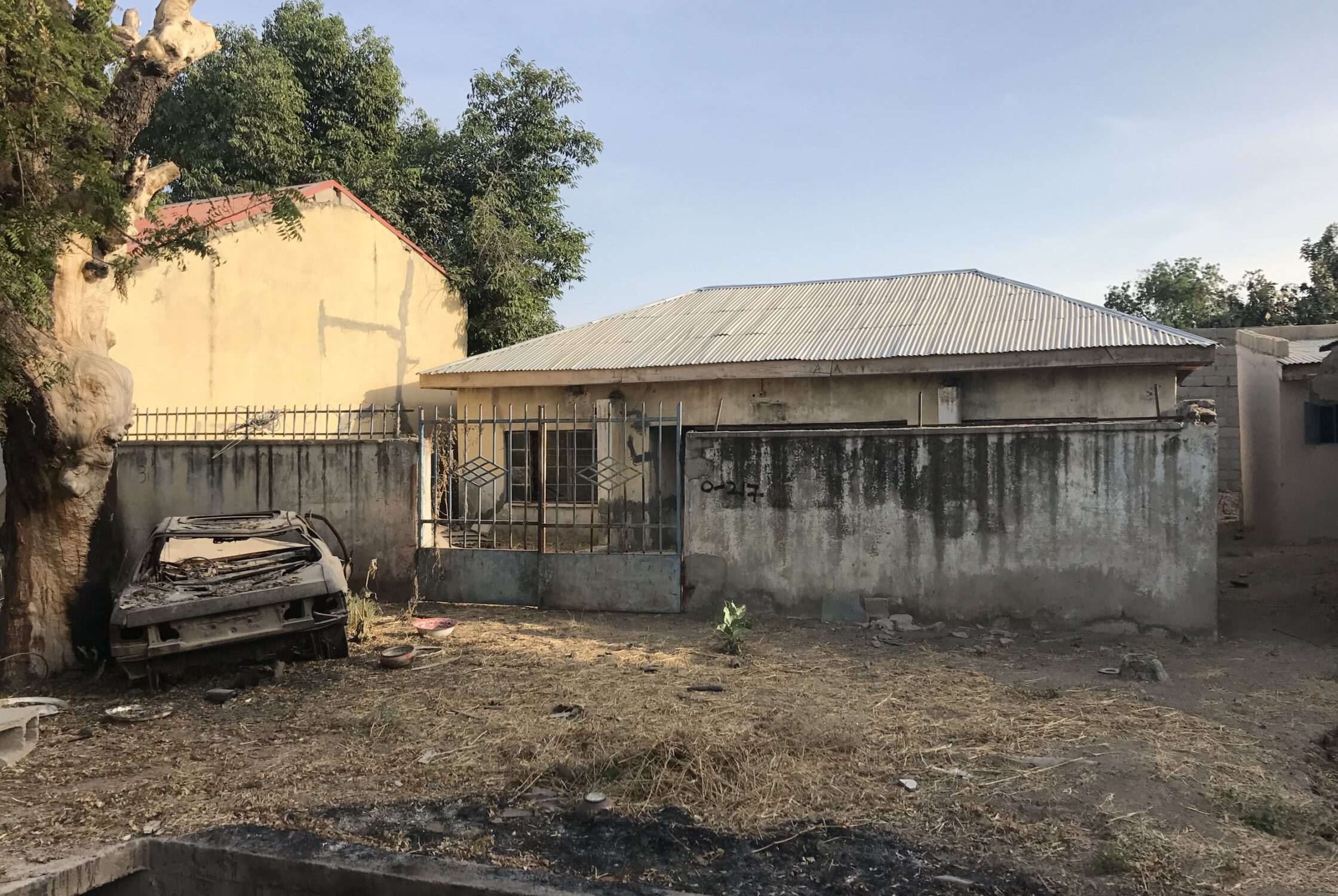Political Pressure to Return: Putting Northeast Nigeria’s Displaced Citizens at Risk

The crisis in Northeast Nigeria has reached an inflection point. Widespread famine no longer appears imminent, and the Nigerian military has pushed Boko Haram out of a number of cities and towns. However, the humanitarian crisis is far from over, and major challenges remain in responding to the needs of the internally displaced. At the same time, Nigerian officials are pressing for large-scale returns of the displaced to recently liberated areas—often before conditions can legitimately support returns. The Nigerian government should pause organized returns to insecure areas and work with the international community to improve services and protection for the displaced, while setting the stage for sustainable pathways home. In addition, the government must work to support local integration for those who may never return home.
It is important to note that some humanitarian indicators have improved since Refugees International (RI) last visited Nigeria in 2016. A badly needed injection of donor funding in 2017 and an expansion of the response have led to tangible improvements of conditions for the communities and populations affected by the conflict. Hundreds of thousands of Nigerians, if not more, have begun to return home. However, the scale of the challenge remains staggering. More than 1.6 million Nigerians are displaced within the country, and 7.7 million are in urgent need of emergency assistance. Additionally, conflict continues to cause more displacement, and humanitarians estimate that 930,000 Nigerians in need are located in hard-to-reach areas due to ongoing fighting and military restrictions on movements.

In January 2018, RI conducted a mission to Nigeria to assess both the viability of this return plan and the wider humanitarian response. The RI team traveled to Abuja, Maiduguri, and Bama, and it interviewed a wide range of IDPs, returnees, international aid officials, and representatives of the Nigerian government and military. The team found that the overall conditions in Bama town are not conducive to sustainable returns at this time, especially on a large scale. Services for returnees are lacking, and the security situation is uncertain. However, political pressure for returns to continue is likely to increase with the approach of the 2019 national elections.
Of greatest concern are recent announcements by senior Nigerian officials that the authorities will encourage and facilitate large-scale returns in the northeastern state of Borno to remote areas recently secured from Boko Haram. Some internally displaced persons (IDPs) have begun returning to their local government areas (LGAs) of origin, but the voluntariness of many of these returns is in question. Further, many IDPs now reside in liberated urban centers in their LGAs and cannot access their home villages due to ongoing insecurity in rural areas. Despite these challenges, the governor of Borno announced at the end of last year that IDPs in the state capital of Maiduguri would return to Bama—a garrison-like town around which the military only maintains security within a 5-kilometer radius. These announcements were followed by the governor’s declaration that the state would close all the IDP camps across Borno by May 2018.
RI believes that the Nigerian government should refrain from carrying out large-scale organized returns to Bama and other areas until conditions are conducive to safe and dignified returns. Doing so prematurely would put lives at risk. RI is also concerned that large-scale return programs promoted by the government under current circumstances will inevitably create the likelihood that returns will be less than voluntary.

Based on its assessments, Refugees International urges the Nigerian government, the United Nations, and international organizations to take the following actions:
- The Nigerian government must produce clear and coherent plans for voluntary returns. It is also crucial that they develop and adopt a domestic legal framework for the protection and assistance of the displaced.
- The United Nations and humanitarian aid agencies must improve their cooperation and coordination efforts to effectively fill critical information gaps. They must coordinate to develop a coherent and principled approach to engagement with the Nigerian military.
- Donor governments and international financial institutions should maintain and increase funding and ensure these contributions are not used to implement harmful policies such as premature returns.